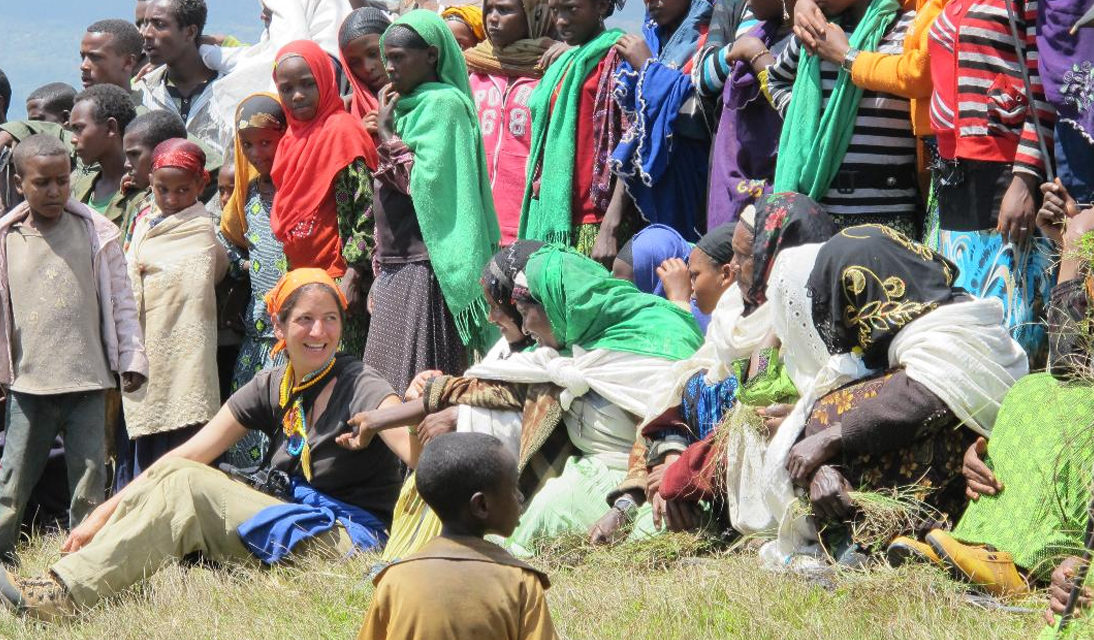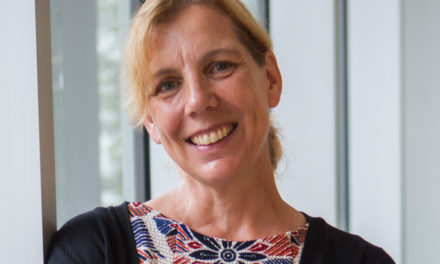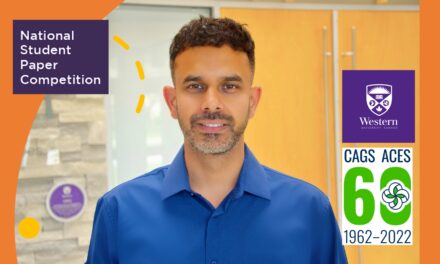The winner of the 2017 Distinguished Dissertation Award for Fine Arts, Humanities and Social Sciences is being praised for breaking new ground in the ethnomusicology of Ethiopia.
Since 2002, Leila Qashu (PhD, Ethnomusicology, Memorial University of Newfoundland) has been researching the juxtaposition between Ethiopia’s legal system and the customary practices of conflict resolution practiced by the indigenous communities of the Arsi Oromo, who are also a political minority.
Specifically, her PhD dissertation examined a judicial process called ateetee, where married women in Arsi Oromo communities who have been abused in any way travel to their offenders’ homes to sing and negotiate until resolution and reconciliation are achieved.
“There are a few takeaways from this. First, it is essential to listen to and understand the voices, perspectives, and stories from the ground up,” says Qashu. “Arsi women have had their own discourses on rights for centuries and continue to engage in these debates locally. They are at the centre of the dispute resolution process and knowingly navigate between multiple justice systems, using their sung customary legal process, rather than government courts, to achieve results.
“Secondly, in many indigenous contexts, justice isn’t just about words. For example, a ritual, poem or prayer can be part of the justice process, too. And the embodied “doing” or performance of arts can constitute justice. Singing as justice constitutes a different way to challenge assumptions, perceptions and normalized ways of enacting.

“In the Canadian context, looking at justice models in other countries and indigenous communities could give us some ideas on how to allow space for women to file complaints and for their truth to be better respected.”
As she was concluding her research, the Jian Ghomeshi case was dominating media headlines. The differences in how victims were treated closer to home was striking.
“Victims of sexual abuse came forward but there were complexities with the case as it was tried criminally; witnesses were deemed unreliable, but their truths not respected in the media; and there were problems with the court systems. Many other women began to speak out about how they didn’t go to the police, or how when they did, the justice process was overly complicated and their truth was sometimes not believed. In these processes, women ended up being isolated because they were not at the centre of the legal dispute process.
“But in Ethiopia, Arsi Oromo women work as a group, joined together by singing – there is a community of support and a women’s council. In their society, their truth is very highly respected, considered sacred and law. And the entire process is done with incredible support from the community. Having an entire community involved holds the disputing parties accountable and creates a space where restoring balance and re-establishing good relations are essential.”
In 2015, Qashu’s dissertation research was awarded the prestigious Charlotte Frisbie Prize by the Society for Ethnomusicology for the best paper in Indigenous Studies.
A letter of nomination for the Distinguished Dissertation award, written by Qashu’s co-supervisors Dr. Beverley Diamond and Dr. Kati Szego, as well as Dr. Ellen Waterman, the then-Dean of Music during Qashu’s time at Memorial University, describes why her research received a rare but well-deserved pass with distinction.
“Dr. Qashu’s dissertation is a highly original intersectional study of expressive practices, law, and social justice. Her doctoral research on women’s resistance to violence against women may seem esoteric at first, but it speaks to broad questions of reconciliation and alternative justice,” they write.
“It also offers rich ethnographic material about the ways various Islamic groups interact with local belief systems and the ways that state officials regard this practice as complementary…. It is her capacity to live appropriately and fit into the nomadic life of the people with whom she works that truly enables her field work to be so productive and sensitive to human issues. She earns trust and reciprocates with support for individuals and communities in many ways, including telling their stories when they request.”

A fluent speaker of French and Oromo, and a student of Amharic and Arabic, Qashu is not only a Trudeau Scholar, but also the recipient of a Banting Postdoctoral Fellowship, where she is continuing her research on the Arsi Omoro people at Concordia University. She is currently preparing her dissertation for publication as a book and a documentary film.
“Dr. Qashu’s interdisciplinary research has enriched our understanding of the world by touching on multiple themes, geographic locales, and even mediums of storytelling,” says CAGS President Dr. Brenda Brouwer. “The ways in which she has applied her curiosity, out-of-the-box thinking and passion for the field of indigenous studies to her research underscores everything we look for and hope to inspire in our graduate students.”
Qashu will receive her award this November when the Canadian Association of Graduate Studies holds its annual conference in Toronto. She will be joined by Boyang Zhang, winner of the Distinguished Dissertation Award for Engineering/Medical Science/Natural Science.









